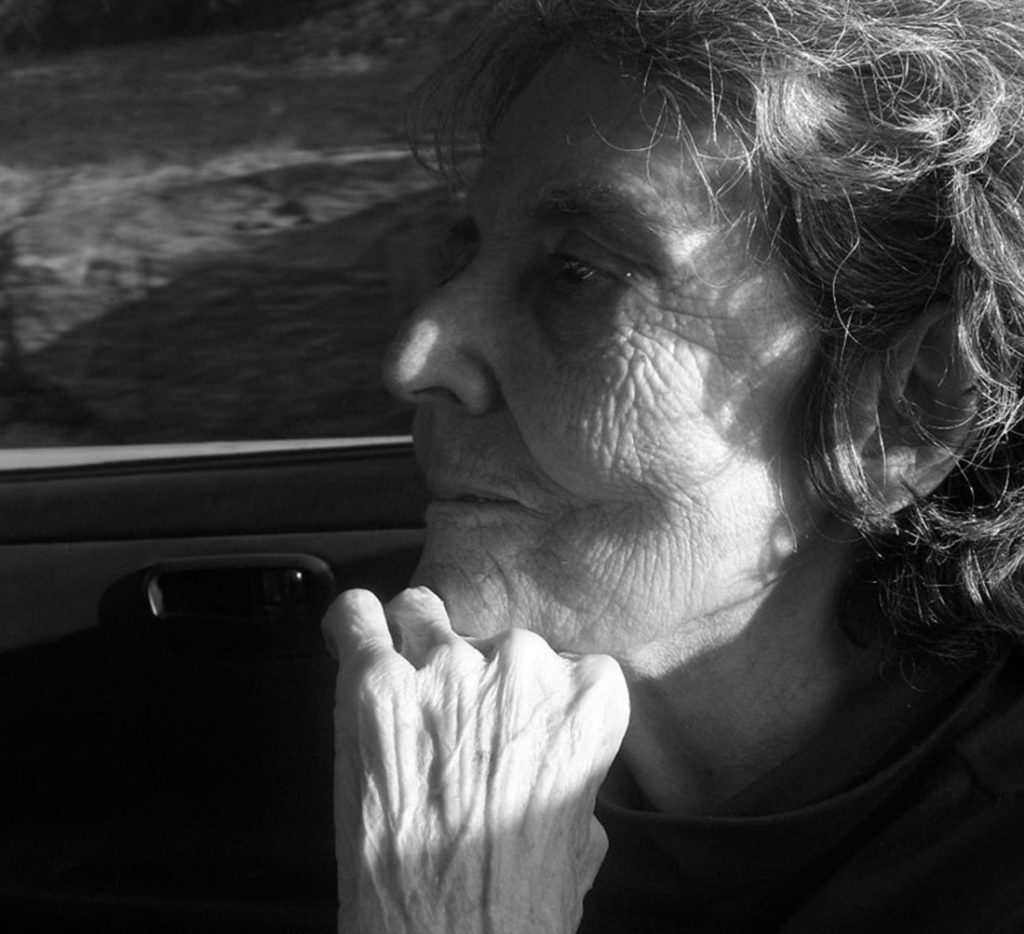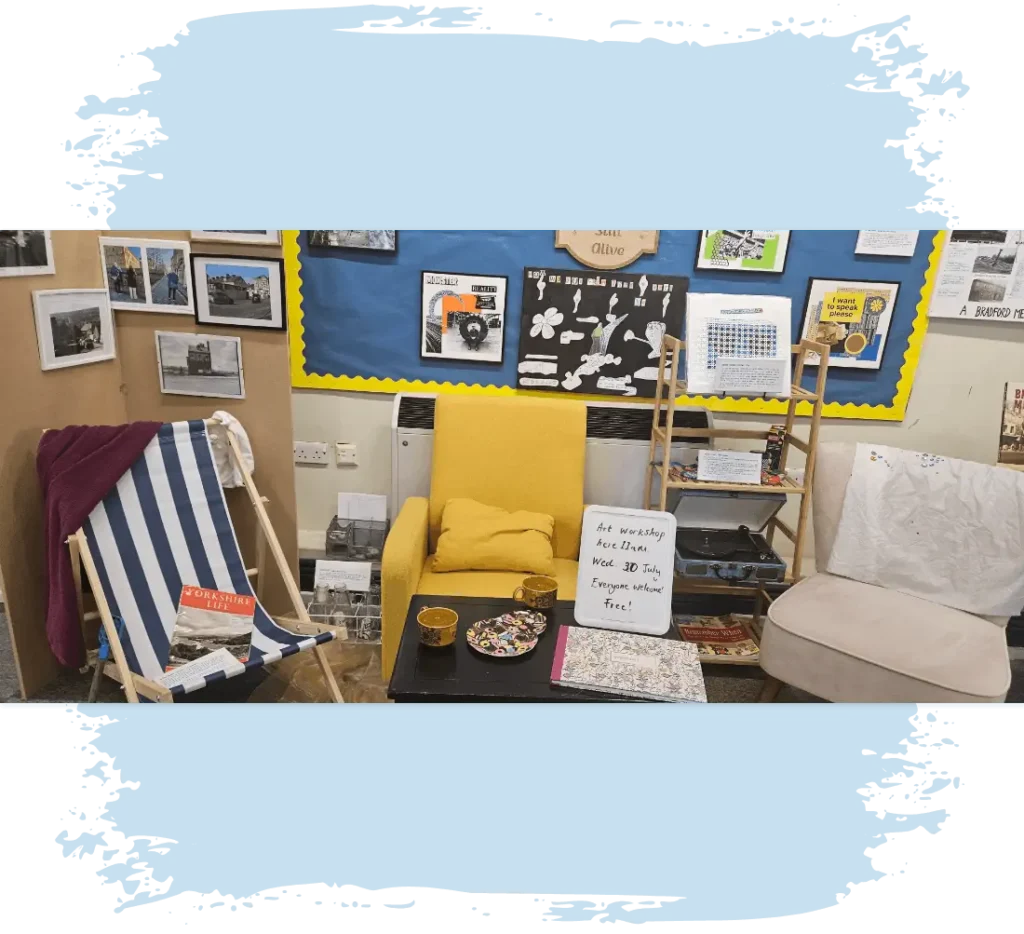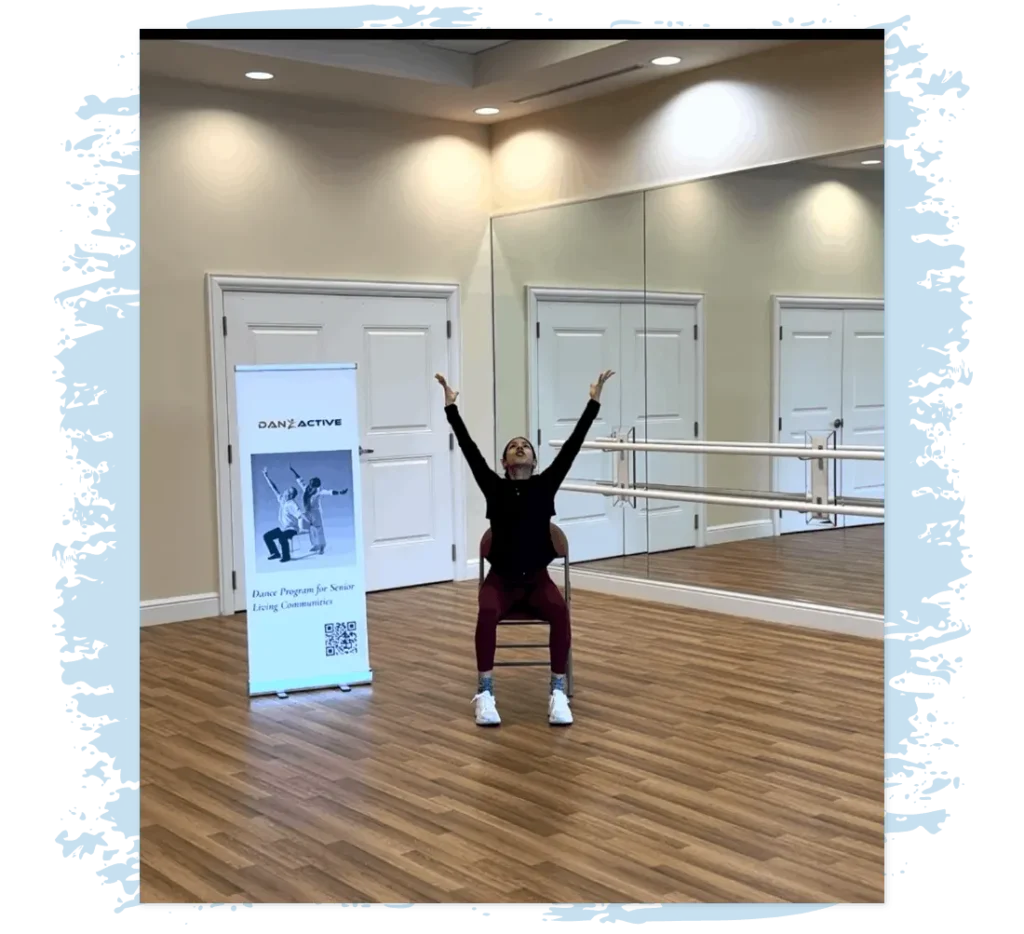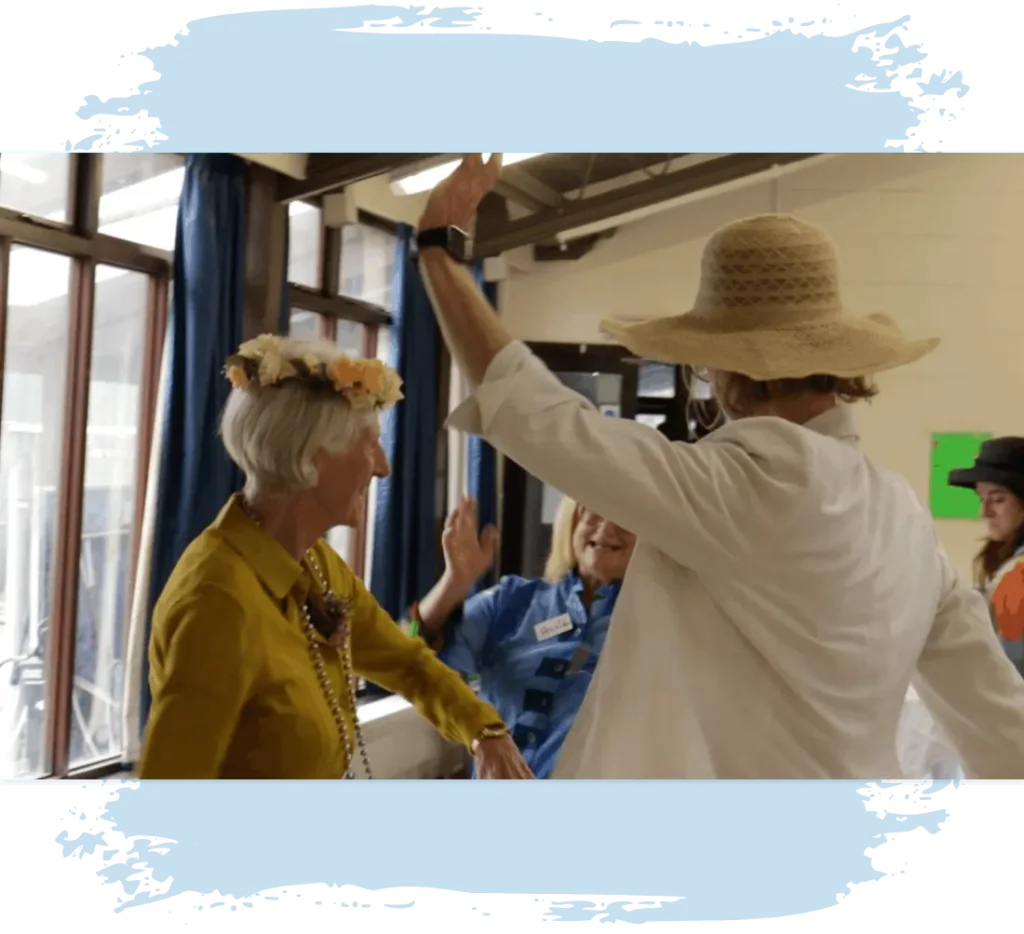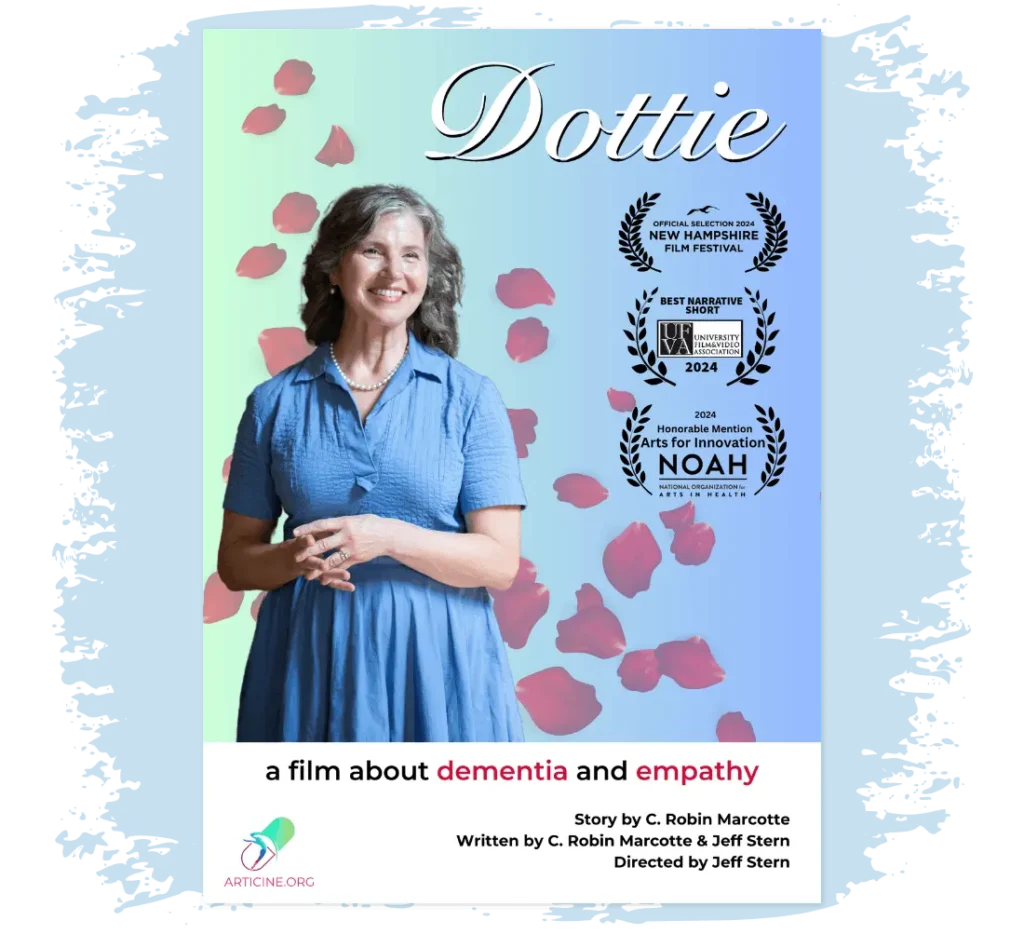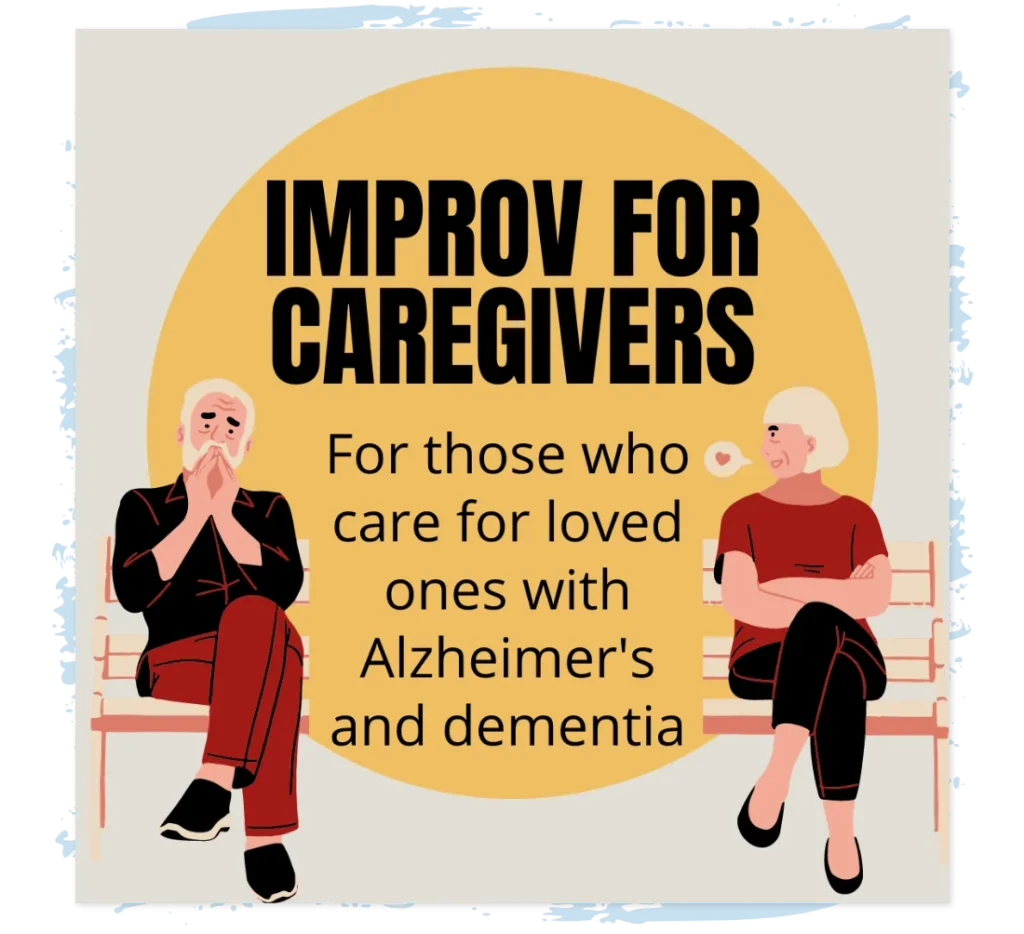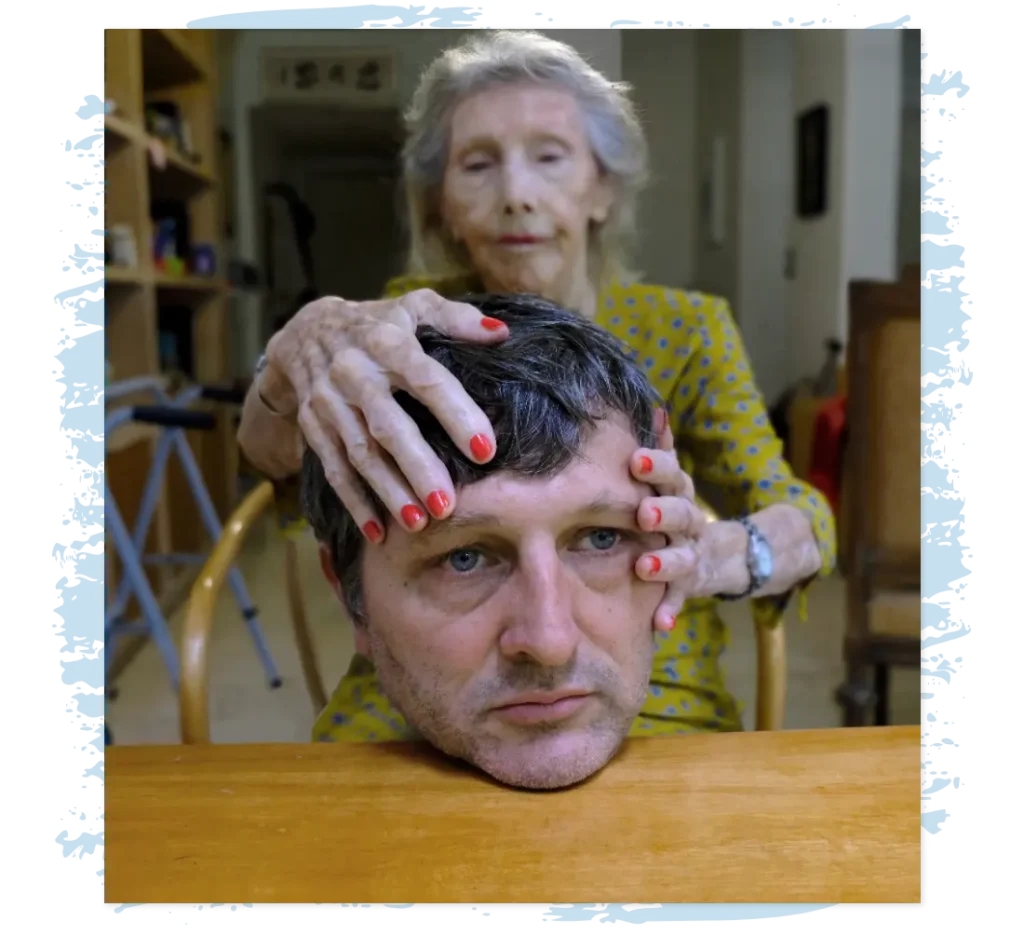In “The Rest I Make Up”, Michelle Memran describes developing her suspicion of Fornés’ cognitive decline. Early on in their friendship, she notices the disarray of Fornés’ apartment- clutter, old food, late bills as well as missed appointments. For many, as well as Fornés, these “symptoms” are what prompted an initial visit to the doctor.
For many loved ones of people living with dementia, this is an all too familiar scenario. People who has previously been organized and able to manage their household independently, begin to struggle with day to day tasks. While this can be a symptom of other illnesses, such as depression, it can also be an early tell of dementia.
If you have concerns about an aging loved one, some things to look out for include:
- Old food in the fridge
- Missed medication doses
- Late bill payments
- Unexplained scratches on a vehicle
- Cleanliness of home not up to previous standards
One of these symptoms on their own may not be need for concern, but combined, a visit to a healthcare provider is likely in order. However, in some cases, these symptoms may have been noticed as a progression of symptoms- rather than the onset of symptoms.
Regardless, if challenges of living alone are occurring, support from loved ones is key- just as Fornes had Memran’s support in her dementia journey. People living with dementia will continue to lose skills and the ability to complete these household tasks- which is where friends, family and loved ones come in.
There are some tools that can be utilized by people living with dementia to increase safety, independence and provide support for those living independently. Some of those solutions include things like:
- Fall detection devices
- Medication dispensers
- Large, multiple calendars
- Personal assistant devices such as Amazon’s Alexa
These tools can certainly be of support in maintaining independence- but ultimately having a trusted individual present is ideal to safely living alone.

